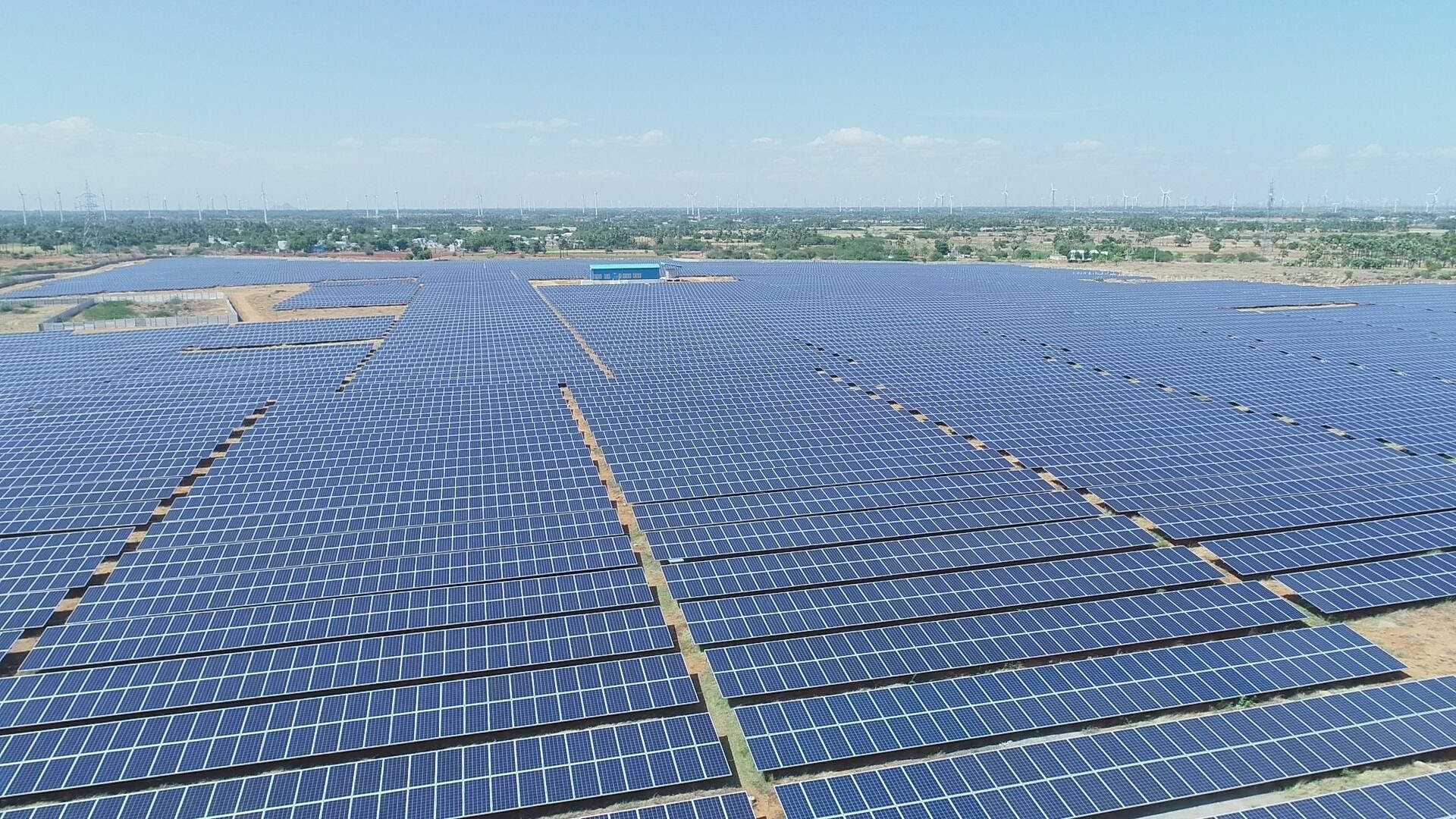Business
Menlo Electric Expands Amid Solar Panel Oversupply in Europe

WARSAW, Poland — Menlo Electric, the fastest-growing solar panel wholesaler in Europe, is strategically expanding into new markets as it faces an oversupply of Chinese photovoltaic panels dominating the European market.
Founded in 2020, Menlo Electric has experienced remarkable growth, achieving a compound annual growth rate of 830.8% from 2020 to 2023, with final-year revenues nearing €151 million. This surge has been fueled by a growing demand for Chinese-manufactured solar products, particularly as Europe seeks alternatives amid escalating energy costs following geopolitical tensions.
CEO Bartosz Majewski, who previously worked with McKinsey and Orlen, indicates that despite global demand remaining strong, Menlo’s recent earnings reflect the challenges posed by a market glut. Majewski predicted flat revenues for 2025 due to declining prices, citing an urgent need for resilient companies to navigate this turbulent environment.
“There is a huge issue of overcapacity and oversupply in the market, even though the demand globally is growing at a healthy pace,” Majewski stated, highlighting the significant ramifications for distributors and installers across Europe.
The influx of low-cost solar panels from China—manufactured at facilities benefiting from substantial government subsidies—has driven many European competitors to the brink of bankruptcy, as evidenced by the closure of a dozen manufacturers since 2023. The European Solar Manufacturing Council has raised alarms over these unfair trade practices, urging policymakers to implement protective measures.
“Today’s unfair trade practices must be addressed to create a fair and level playing field,” commented Christoph Podewils, secretary-general of the council.
Despite the challenging landscape, Menlo has adapted its business model, diversifying its supply chain by sourcing surplus inventory from European competitors, capitalizing on advantageous purchasing agreements. “It’s a moment of risk because of this decline in prices, but also of opportunity,” Majewski explained.
As Menlo leverages its operational framework, it is simultaneously broadening its reach. The company has established regional hubs in Dubai, South Africa, and warehouses in Jordan and Iraq, supplying a diverse clientele from Senegal to Pakistan. This expansion comes in response to rising solar energy demand in regions previously reliant on traditional energy sources.
Majewski observed that Poland now constitutes just 20% of Menlo’s revenues, a de facto indicator of its growing international footprint, driven in part by individuals turning to solar to mitigate power shortages exacerbated by geopolitical crises, including Russia’s aggression in Ukraine.
Amidst the ongoing trade war threats from the U.S. administration under President Donald Trump, Menlo intends to continue offering cost-effective Chinese panels, pitted against the backdrop of increasing tariffs which could inflate prices. Majewski remarked, “Clients don’t want to pay extra, even professionals investing in utility-scale solar installations.”
Ultimately, the firm faces a dual challenge of maintaining competitiveness while advocating for fair trade within the rapidly evolving renewable energy sector. Menlo’s journey illustrates both the vulnerabilities and opportunities characterizing the current solar market, requiring innovative strategies to thrive amidst prevailing economic uncertainty.












